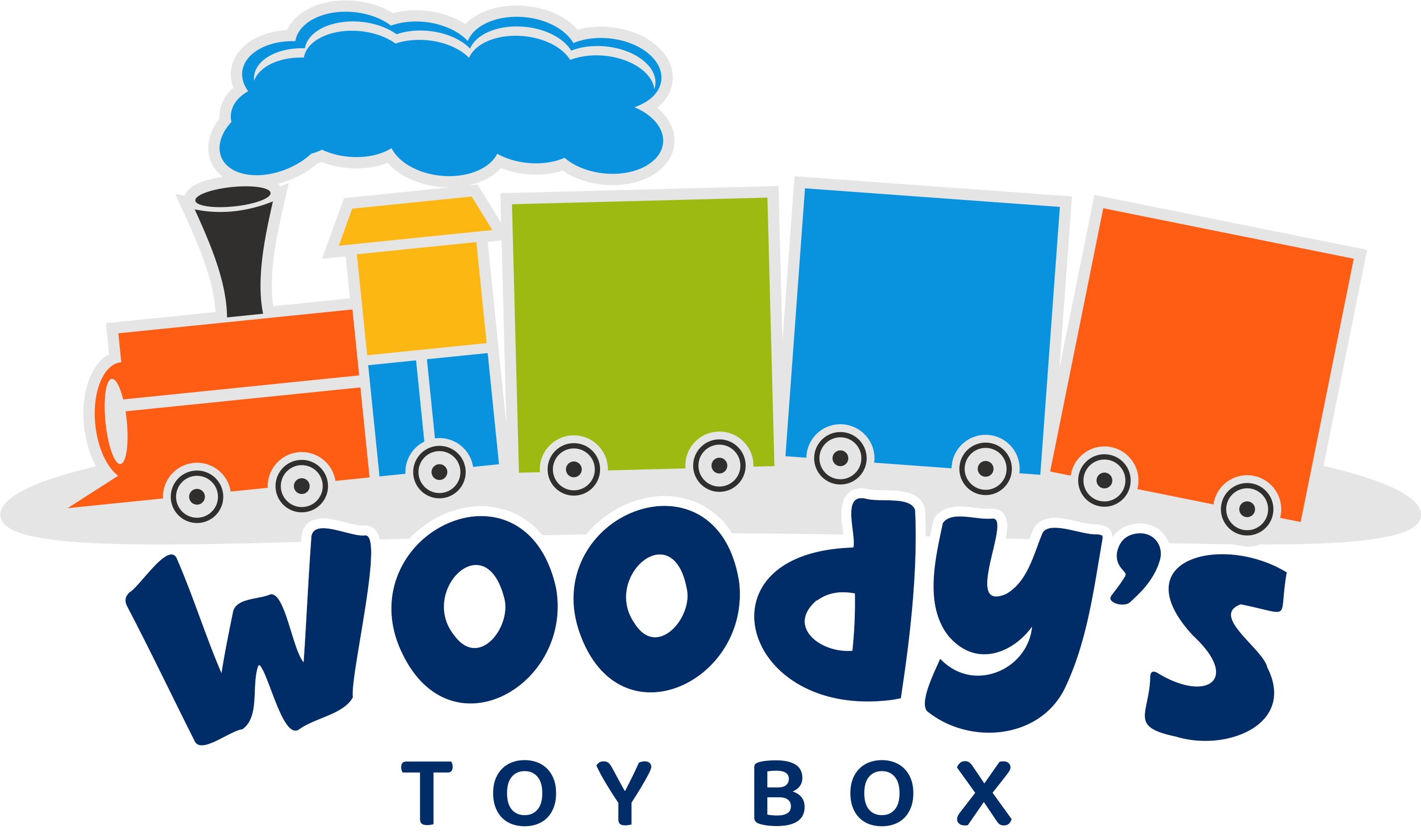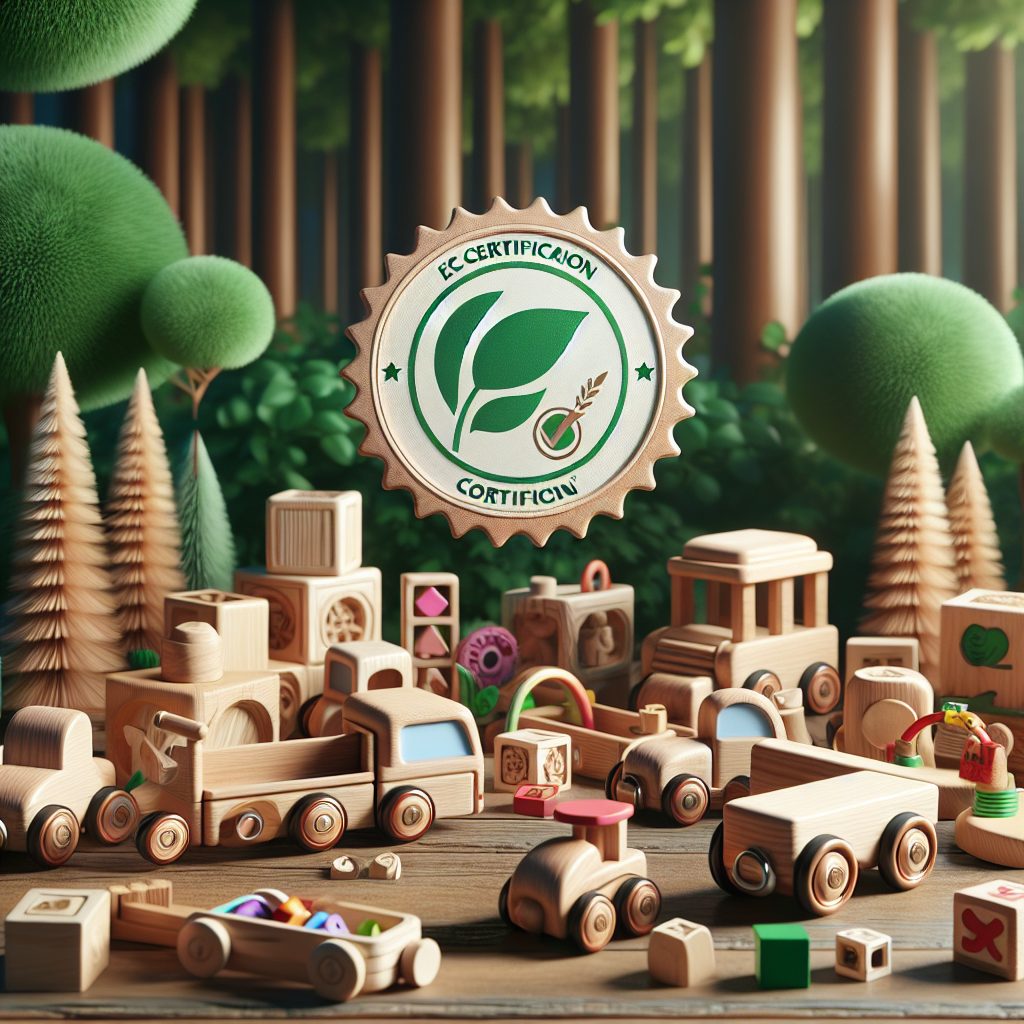Understanding eco certifications for wooden toys is becoming increasingly important in today’s environmentally conscious world. Eco certifications provide consumers with the assurance that the wooden toys they choose for their children are produced and sourced sustainably. In fact, did you know that eco-certified wooden toys are made from materials that are carefully selected and harvested in a way that considers the long-term health of forests and ecosystems?
These certifications have specific impacts and unique features that set them apart from conventional wooden toys. For instance, eco-certified wooden toys are often made from sustainably harvested wood, which means that the trees used for production are responsibly managed and replanted. This ensures that the forests can continue to thrive and provide valuable habitats for wildlife. Additionally, eco-certified wooden toys are typically free from harmful chemicals and toxins, making them safer for children to play with.
In the next part of this article, we will explore the key takeaways associated with eco certifications for wooden toys. We will delve into the different types of certifications available, such as the Forest Stewardship Council (FSC) and Sustainable Forestry Initiative (SFI), and discuss their specific criteria and processes. By understanding these certifications, you will be equipped with the knowledge to make informed and sustainable choices when it comes to purchasing wooden toys for your little ones. So, let’s dive in and discover the world of eco certifications for wooden toys!
Key Takeaways
1. Look for certifications like FSC, PEFC, and SFI to ensure wooden toys are responsibly sourced and produced.
2. Eco certifications like EN71 guarantee that wooden toys are free from harmful substances and safe for children.
3. Understanding eco labels is essential to make informed choices about wooden toys and their impact on the environment.
4. Banning toxic chemicals, using sustainable materials, and supporting fair labor practices are key criteria for eco certifications.
5. Teaching children about eco-friendly toys and the importance of sustainability can help create a greener future.
What are the Benefits of Understanding Eco Certifications for Wooden Toys?
1. Importance of Eco Certifications
Eco certifications play a vital role in ensuring that wooden toys are produced in an environmentally friendly and sustainable manner. These certifications provide assurance to consumers that the toys they are purchasing have undergone rigorous testing and meet specific standards for safety, sustainability, and ethical production.
2. Types of Eco Certifications
There are various types of eco certifications for wooden toys, each focusing on different aspects of environmental impact and sustainability. Some notable certifications include:
– Forest Stewardship Council (FSC): This certification ensures that the wood used in toy production is sourced from responsibly managed forests.
– PEFC (Programme for the Endorsement of Forest Certification): Similar to FSC, this certification guarantees that the wood used is sourced sustainably and supports responsible forest management.
– ASTM F963: This certification is specific to toy safety and ensures that the materials used in wooden toys meet stringent safety standards.
– European EN71: The EN71 certification is a European safety standard that ensures wooden toys are free from harmful substances and are safe for children to play with.
3. Understanding Certification Labels
Certification labels can be a bit confusing, so it’s crucial to understand their meanings. Look for labels that indicate the toy meets specific environmental and safety standards. Labels such as “FSC Certified,” “PEFC Certified,” “ASTM F963 Compliant,” or “EN71 Certified” provide assurance that the wooden toys you are considering are produced sustainably and are safe for your child.
4. Environmental Impact Considerations
When choosing wooden toys, it’s essential to consider the overall environmental impact. Look for certifications that not only focus on responsible sourcing of wood but also take into account other aspects like energy usage during production, waste reduction, and packaging materials. Opting for toys with eco certifications that address these aspects can contribute to a greener purchase.
5. Making Informed Purchasing Decisions
By understanding eco certifications for wooden toys, you can make more informed purchasing decisions. Take the time to research and familiarize yourself with different certifications, their standards, and what they represent. This knowledge will enable you to choose toys that align with your values and support sustainable practices.
What are some tips for ensuring eco-friendly wooden toy purchases?
1. Look for toys with recognized eco certifications such as FSC, PEFC, ASTM F963, or EN71.
2. Research the brand or manufacturer to ensure they have a commitment to sustainability and ethical production practices.
3. Consider buying locally made wooden toys to reduce carbon emissions associated with transportation.
4. Opt for toys made from sustainably sourced wood, preferably from certified forests.
5. Choose toys with minimal packaging and packaging made from recycled or recyclable materials.
6. Avoid toys made from composite woods or those treated with toxic chemicals.
7. Consider the toy’s durability and longevity to minimize waste and the need for frequent replacements.
8. Donate or pass on your child’s wooden toys once they outgrow them, promoting reuse and reducing waste.
Frequently Asked Questions
1. What are eco certifications for wooden toys?
Eco certifications for wooden toys are verifiable labels or seals that indicate that the toys have been produced using environmentally friendly practices and materials. These certifications ensure that the toys promote sustainability, utilize non-toxic materials, and are manufactured in an eco-conscious manner.
2. Why are eco certifications important for wooden toys?
Eco certifications are crucial for wooden toys as they offer consumers assurance that the toys they are purchasing are safe, sustainable, and environmentally friendly. These certifications help in making informed choices by considering the impact on the environment and the health of children.
3. How can I verify if a wooden toy has an eco certification?
To verify if a wooden toy has an eco certification, look for labels or seals of recognized certification bodies such as Forest Stewardship Council (FSC), Programme for the Endorsement of Forest Certification (PEFC), or Global Organic Textile Standard (GOTS). You can also check the product description or packaging for any mention of eco certifications.
4. What is the significance of the Forest Stewardship Council (FSC) certification?
The Forest Stewardship Council (FSC) certification ensures that the wooden toys have been produced with wood sourced from responsibly managed forests. It promotes sustainable forest management practices, biodiversity conservation, and the rights of local communities.
5. Are all wooden toys labeled as eco-friendly certified?
No, not all wooden toys are labeled as eco-friendly certified. While some manufacturers prioritize sustainability and eco-conscious production, others may not have obtained the necessary certifications. It is important to check for specific eco labels or certifications to ensure the toy meets the desired standards.
6. Can wooden toys with eco certifications still contain harmful chemicals?
No, wooden toys with eco certifications are required to comply with strict regulations and standards to ensure they do not contain harmful chemicals. These certifications often involve comprehensive testing and analysis of the materials used in the toys to ensure they are safe for children to play with.
7. Are there any eco certifications specifically for organic wooden toys?
Yes, the Global Organic Textile Standard (GOTS) certification is specifically designed for organic textile products, including wooden toys. This certification ensures that the toys are made from organic materials, free from synthetic chemicals, and produced using environmentally friendly processes.
8. Do eco certifications guarantee the durability of wooden toys?
Eco certifications primarily focus on the environmental and health aspects of wooden toys, not their durability. However, certified wooden toys are generally made with high-quality materials and craftsmanship, which often results in better durability compared to non-certified toys.
9. Can eco certifications be applied to both mass-produced and handmade wooden toys?
Yes, eco certifications can be applied to both mass-produced and handmade wooden toys as long as they meet the required sustainable and eco-friendly criteria set by the certification bodies. These certifications consider the entire production process, from raw material sourcing to manufacturing practices.
10. Are eco-certified wooden toys more expensive?
Eco-certified wooden toys may be slightly more expensive than non-certified toys due to the additional costs incurred in adhering to sustainable and eco-friendly practices. However, the long-term benefits of supporting environmentally friendly products and ensuring the safety of children make it a worthwhile investment.
Final Thoughts
Understanding eco certifications for wooden toys is essential for conscientious consumers who prioritize sustainability and the well-being of their children. By choosing toys with recognized eco labels, parents can support responsible manufacturing practices, reduce their environmental footprint, and provide their children with safe and non-toxic play experiences.
In a world where plastic toys dominate the market, opting for wooden toys with eco certifications can contribute to a more sustainable future. These certifications serve as a guide, helping consumers navigate through the overwhelming options and make informed decisions for the benefit of both their children and the planet.

